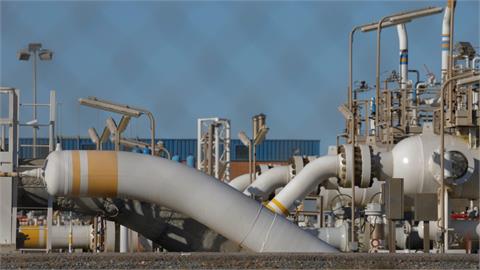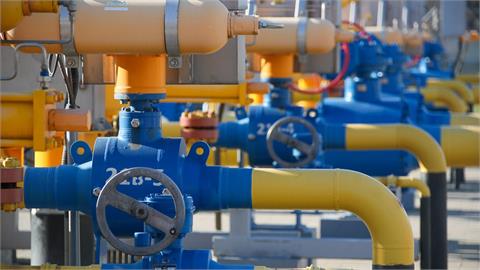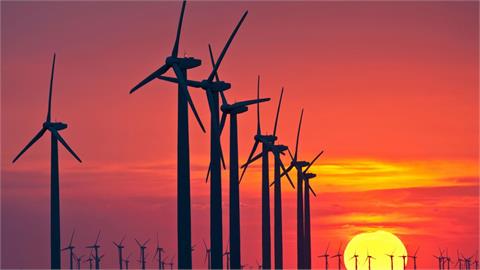Croatia’s Paying Agency for Agriculture, Fisheries and Rural Development (APPRRR) has invited applications for renewables grants to co-finance agricultural producers’ investments aimed at improving energy efficiency, according to an invitation available on the agency’s website.
The renewables grants can be used to develop facilities for the production of electricity and/or heat energy from renewable energy sources, including biomass, for the beneficiary agricultural household’s own needs, according to the invitation. The total budget for the project, which is part of Croatia’s rural development program for 2014-2020, is HRK 150 million (about EUR 20.2 million), according to the announcement.
Grants will range from EUR 5,000 to EUR 1 million, except for applicants-beginners, who can receive a maximum of EUR 100,000. The deadline to submit the first part of an application, which has been pushed back twice so far, is November 30, while the second part of the application is to be handed within eight months from concluding a financing agreement and after the procurement procedure.
Eligible to apply for grants are individuals and legal entities who have been registered at the registry of agricultural producers for at least a year, except for young agricultural producers (under 41), who may apply even if they have been registered for less than a year, reads the announcement.
If the total value of acceptable project costs exceeds HRK 200,000 (about EUR 26,950), the applicant is required to draw up a business plan to demonstrate the economic viability of the project, in line with instructions and explanations provided along with the invitation.
The total installed capacity of the facility for the production of electricity and/or heat energy must be smaller or equal to the wattage of the agricultural household using the grant, while the planned annual output must be smaller or equal to the agricultural household’s annual consumption, according to the requirements from the invitation.
The energy produced by such facilities must be used for the needs of the beneficiary agricultural household, while any surpluses can be fed into the electrical grid, without charging for it, and used in periods of low energy production.
(balcangreenenergy.com)



